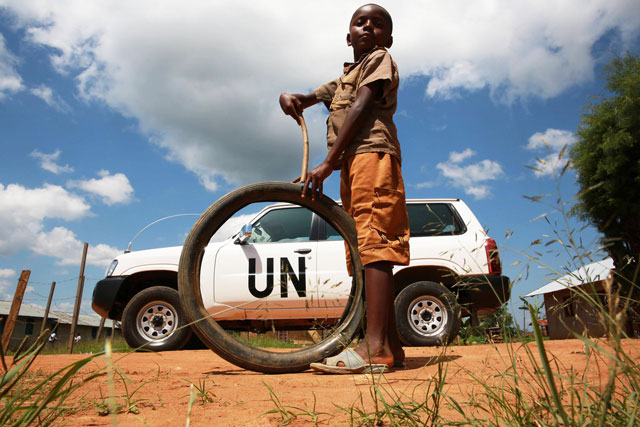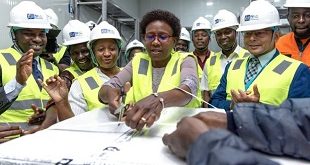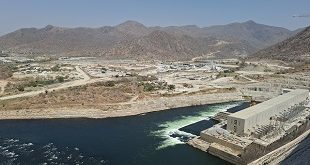
ANALYSIS: In past crises, the United Nations and South Africa have played important roles in stabilising the situation in the DRC – @africaarguments
Pretoria, South Africa| CARMEL RAWHANI & MÉLANIE RONDREUX | African ARGUMENTS |
In 2016, one of the defining terms when it came to the Democratic Republic of Congo’s (DRC) political situation was “le glissement”. Meaning “slippage”, this word was popularly used to refer to President Joseph Kabila’s efforts to stay in office by repeatedly delaying elections.
The strategy worked. Kabila’s mandate officially ended in December 2016, yet he is still president and there are still no signs of an upcoming vote.
People refer to glissement less often these days, but it still describes the current situation well. Whether intentionally or not, for example, Kabila’s announcement of a controversial new government this May threatened the Congo’s fragile political stability and created the ideal conditions to continue to push back elections.
President Kabila’s new cabinet drew criticism and protests because it signalled very little change from the previous government. He reappointed the majority of its members and placed allies in key ministries such as foreign affairs, interior, justice and mines.
In response to recent developments, opposition figure Martin Fayulu has said, “If the accord is dead, Kabila has to leave”. But the reality is that the more Kabila’s actions destabilise the country, the more he can insist that holding elections are unfeasible and thus consolidate his rule. A vicious cycle is occurring in which insecurity contributes to electoral delays, which in turn increase frustrations and further instability.
READ FULL ANALYSIS HERE (click)
The #UN and #SouthAfrica have played important roles in #DRC‘s past crises. Where are they now? #RDC #Congo https://t.co/0eM5kHnM1x
— African Arguments (@africaarguments) June 21, 2017
 The Independent Uganda: You get the Truth we Pay the Price
The Independent Uganda: You get the Truth we Pay the Price


